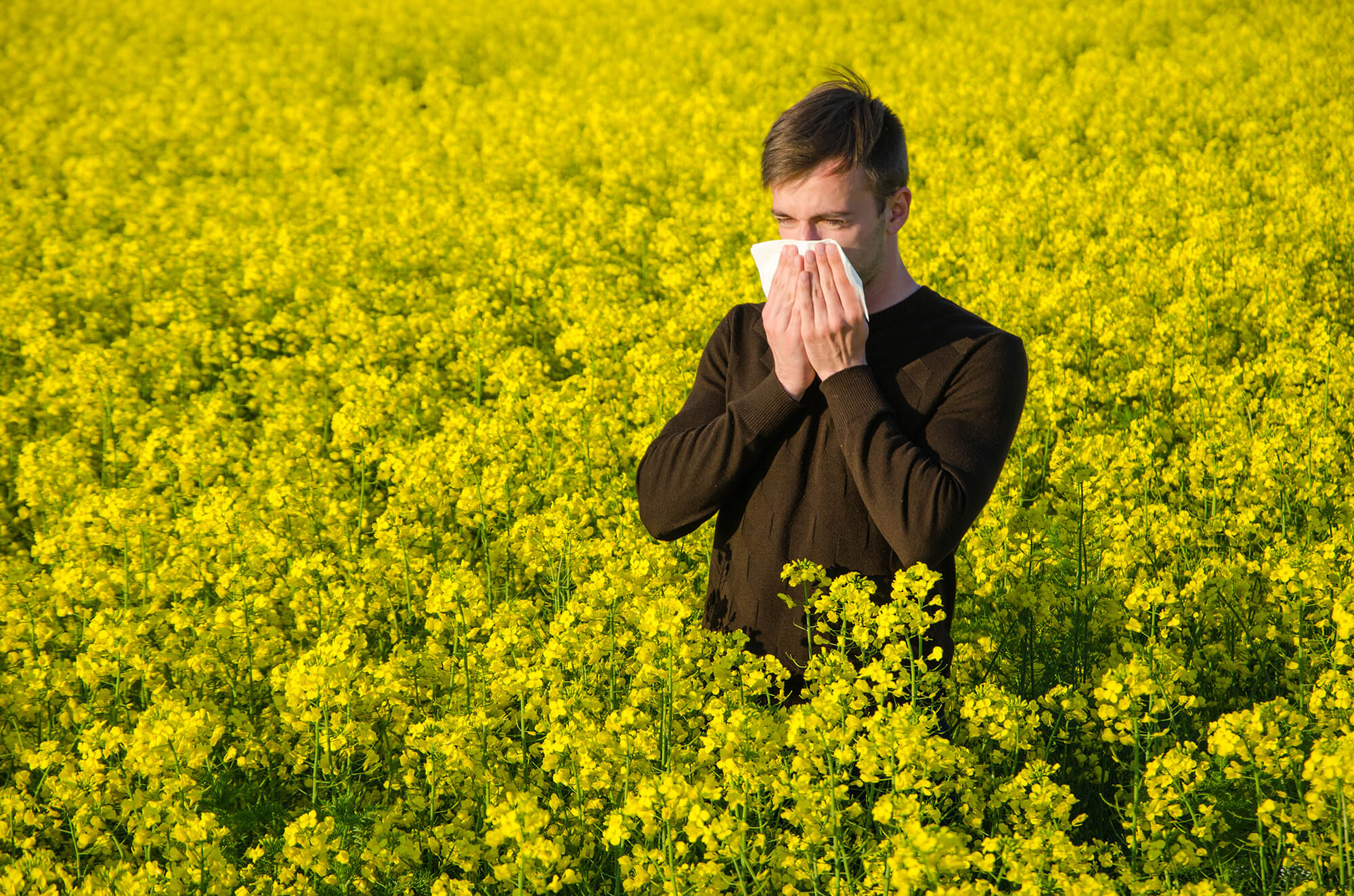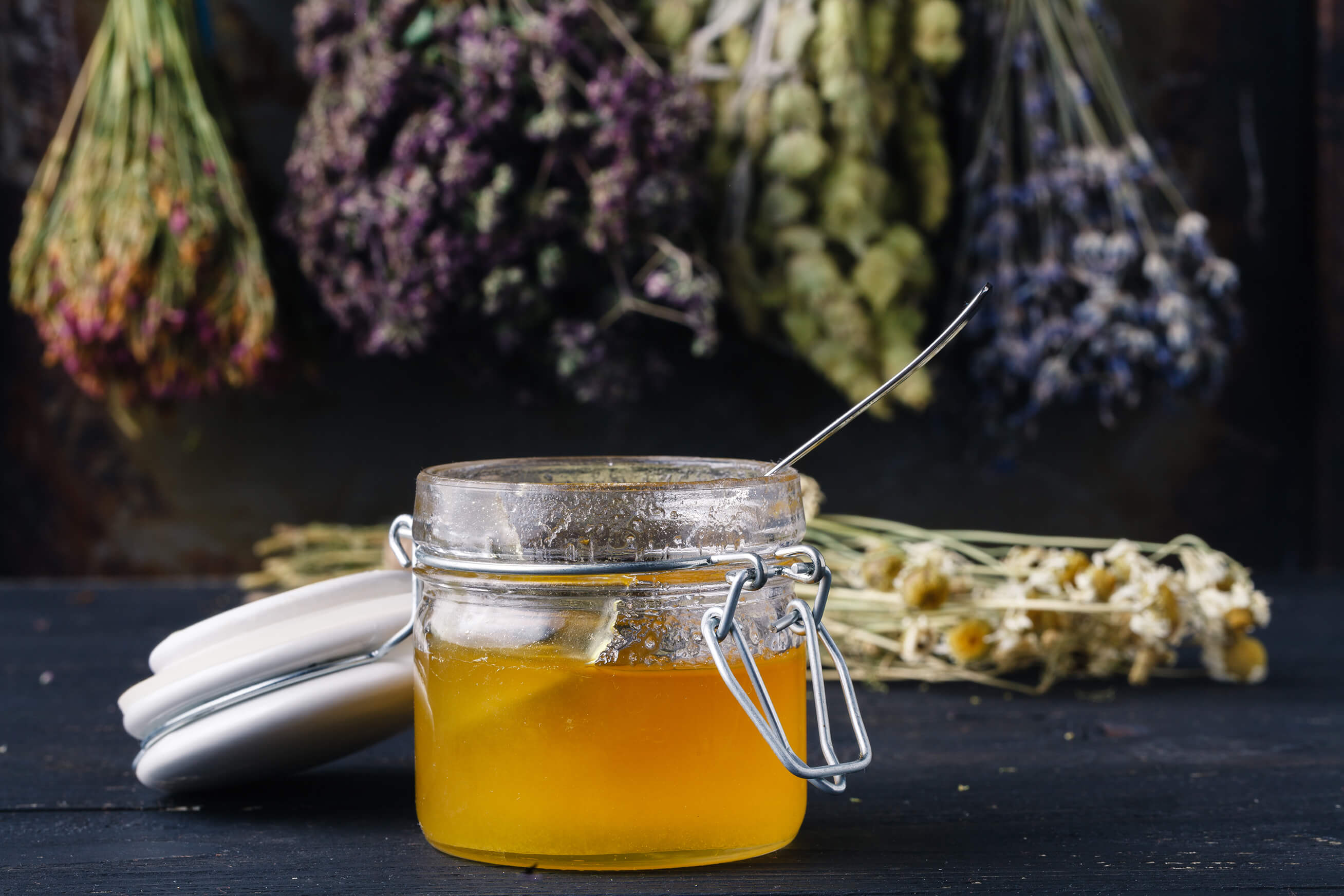How to recognize allergic cough: symptoms and diagnosis


Irina Makarova
Allergic cough is one of the most common problems in adults and children. It can be caused by various allergens and be accompanied by additional symptoms. In this article, an experienced allergist will review the main causes, symptoms and treatment methods of allergic cough, as well as give advice on its prevention.
Causes of allergic cough

Allergic cough occurs due to the body's hypersensitivity to certain substances called allergens. Risk factors for allergies include genetic predisposition, environmental conditions and immune system disorders.
Prevalent allergens that cause cough
- Pollen allergy is one of the major causes of seasonal allergic cough. It is caused by pollen from plants, mainly trees, grasses and weeds.
- Household dust and mites can also cause allergic cough. Mites live in house dust, especially in bedding, carpets and upholstered furniture.
- Pet hair such as cats and dogs contain allergens that can cause allergic cough in sensitive people.
- Molds and fungi can cause allergic cough, especially in humid and poorly ventilated areas.
- Food allergies rarely cause coughs, but However, they can sometimes cause allergic reactions, including coughing, especially in children.
Characteristics of allergic cough and associated manifestations

Allergic cough is usually dry and seizure-like. It may be accompanied by itching and scratchy throat, and involuntary sneezing and runny nose.
- Allergies may also present with skin symptoms, such as rash, itching, and urticaria.
- Nasal congestion and runny nose can accompany an allergic cough caused by exposure to allergens in the nasal mucosa.
- Itching and watery eyes are other symptoms of allergies that may accompany the cough.
- In some cases, an allergic cough may be accompanied by shortness of breath and difficulty breathing, especially when exercising.
Diagnosis of allergic cough

To diagnose allergic cough, the doctor performs an examination and collects a history, including information about a family history of allergies, symptoms, and possible allergens.
- A blood test for immunoglobulin E reveals the presence of allergy-specific antibodies.
- Allergy tests are done to identify the specific allergen causing the cough. This may be skin testing or blood-based testing.
- Spirometry is a test that measures the volume and rate of inspiration and exhalation to help determine if there is a lung function abnormality associated with an allergic cough.
- A chest X-ray may be ordered by your doctor to rule out other causes of cough, such as pneumonia or bronchitis.
Treatment for allergic cough
The first step in treating an allergic cough is getting rid of the allergen and preventing contact with it. This may include regular cleaning of the home, using hypoallergenic bedding, and removing pets if they are the cause of the allergy.
Medication for allergic cough

1. Antihistamines such as cetirizine, loratadine, and fexofenadine help relieve allergic symptoms, including coughing, itching, and runny nose.
2. Corticosteroids, such as beclomethasone and fluticasone, may be prescribed as inhalations to reduce inflammation and reduce the frequency of allergic cough episodes.
3. Bronchodilators such as salbutamol and terbutaline relieve breathing and relieve bronchial spasms associated with allergic cough.
4. Drugs that stabilize cell membranes, such as ketotifen and nedocromil, may be useful in preventing allergic cough.
5. ASIT is a treatment method in which a patient is given low doses of an allergen to gradually increase the body's resistance to it. This method can be effective in treating allergic cough over the long term.
Alternative and complementary therapies

Some herbal remedies, such as butterfly extract and quercetin, may relieve the symptoms of allergic cough.
Homeopathic remedies can be used as an adjunct to the traditional treatment of allergic cough. However, it is advisable to consult a physician before using homeopathy.
Folk remedies, such as inhalation with herbal decoctions and the use of honey, may provide relief from allergic cough. However, the effectiveness of folk remedies may vary and their use should be discussed with your doctor.
Prevention of allergic cough
Prevention of allergic cough includes avoiding contact with allergens, maintaining a healthy lifestyle, and regularly ventilating living spaces. It is also important to see a doctor in a timely manner when allergy symptoms occur and undergo necessary examinations.
In conclusion, allergic cough can be caused by various allergens and be accompanied by many symptoms. To treat allergic cough effectively, it is important to see a doctor, determine the cause of the allergy, and receive appropriate therapy. Preventing allergic cough involves avoiding contact with allergens and maintaining a healthy lifestyle.
New materials
Popular Articles
We recommend reading
Contact us in the Contact Us section to ask questions, offer ideas, or for more information about our allergy resource.
Our articles are your trusted source of allergy knowledge. Learn how to make life with allergic reactions easier on our specialized portal.
©
Lechenie-Allergii.com. All rights reserved.
© Lechenie-Allergii.com. All rights reserved.
The information on this site is for informational purposes only and is not a substitute for professional medical advice. We recommend consulting with qualified medical professionals for accurate information and advice.
 English
English  Українська
Українська  Русский
Русский 









